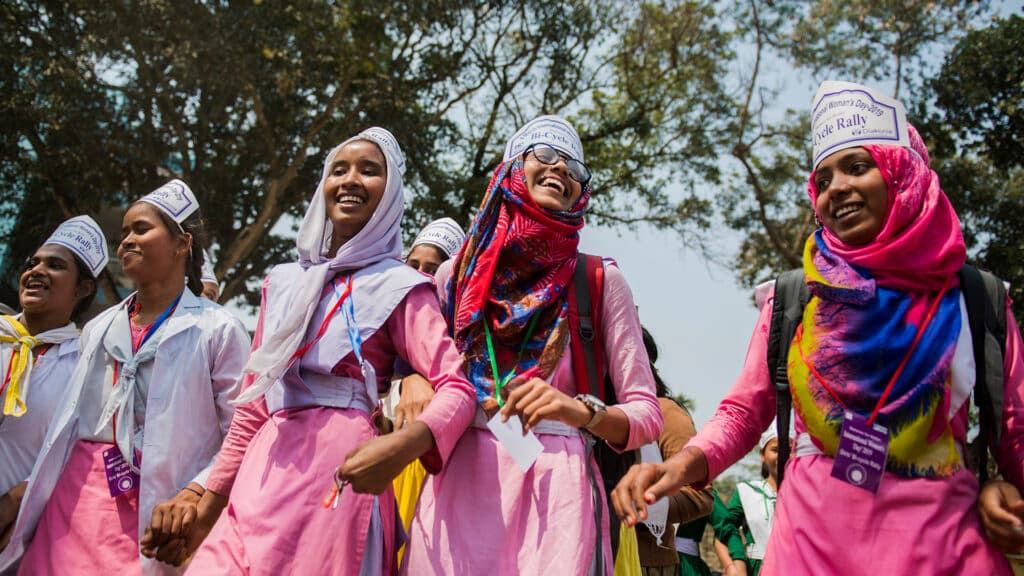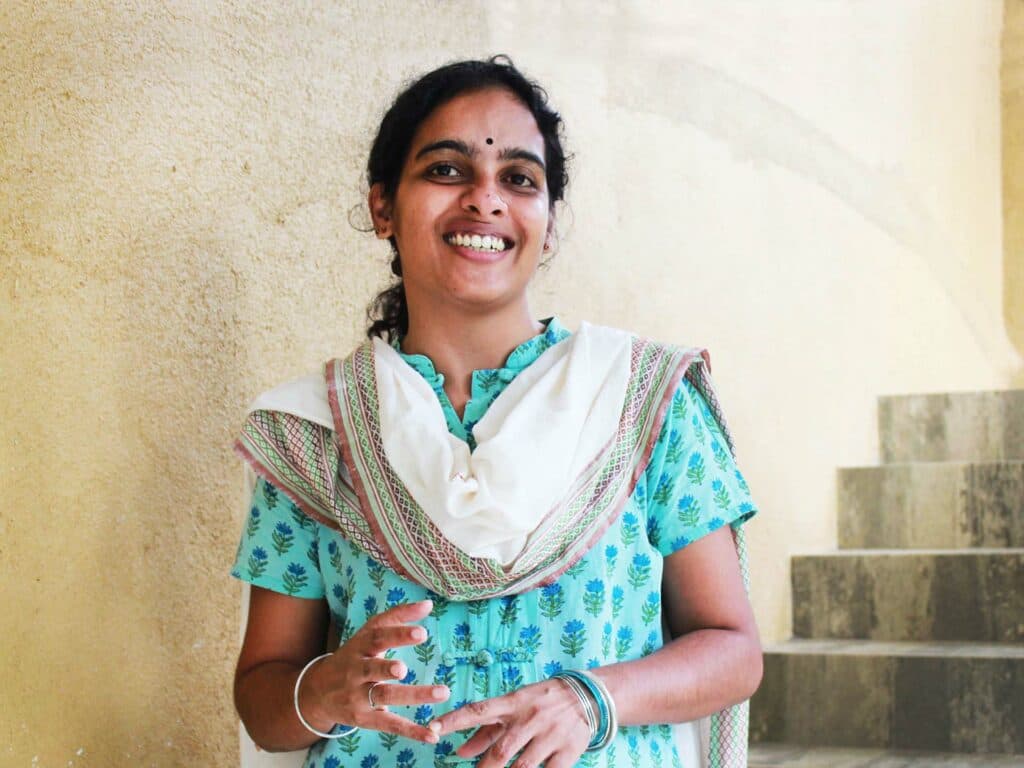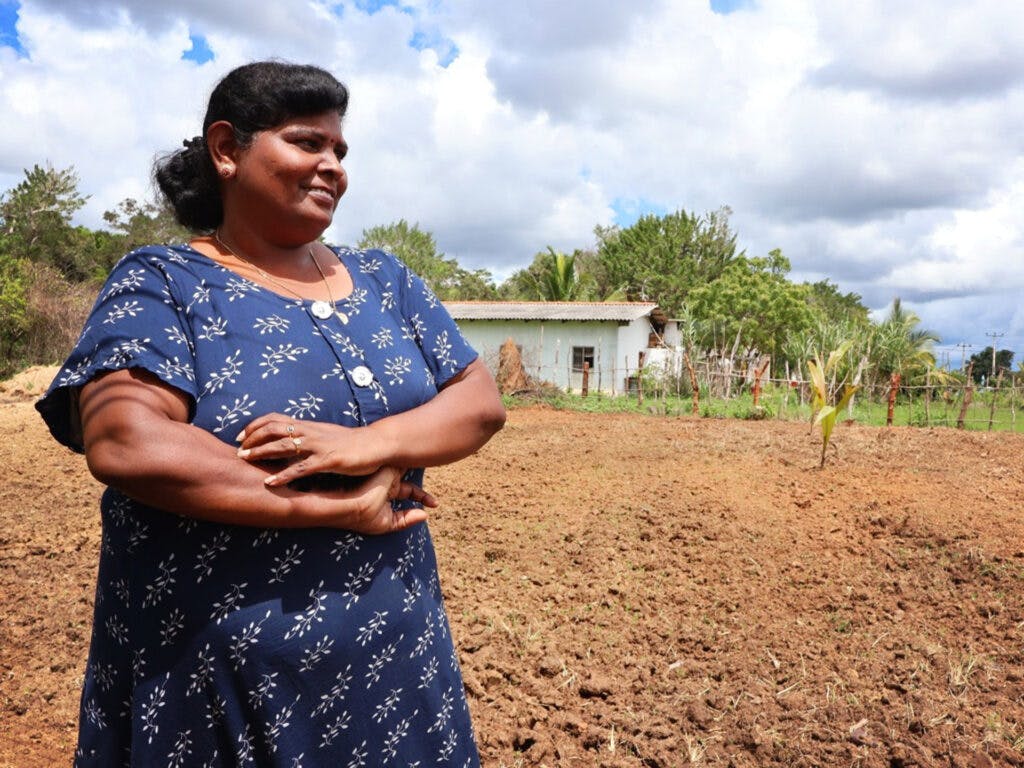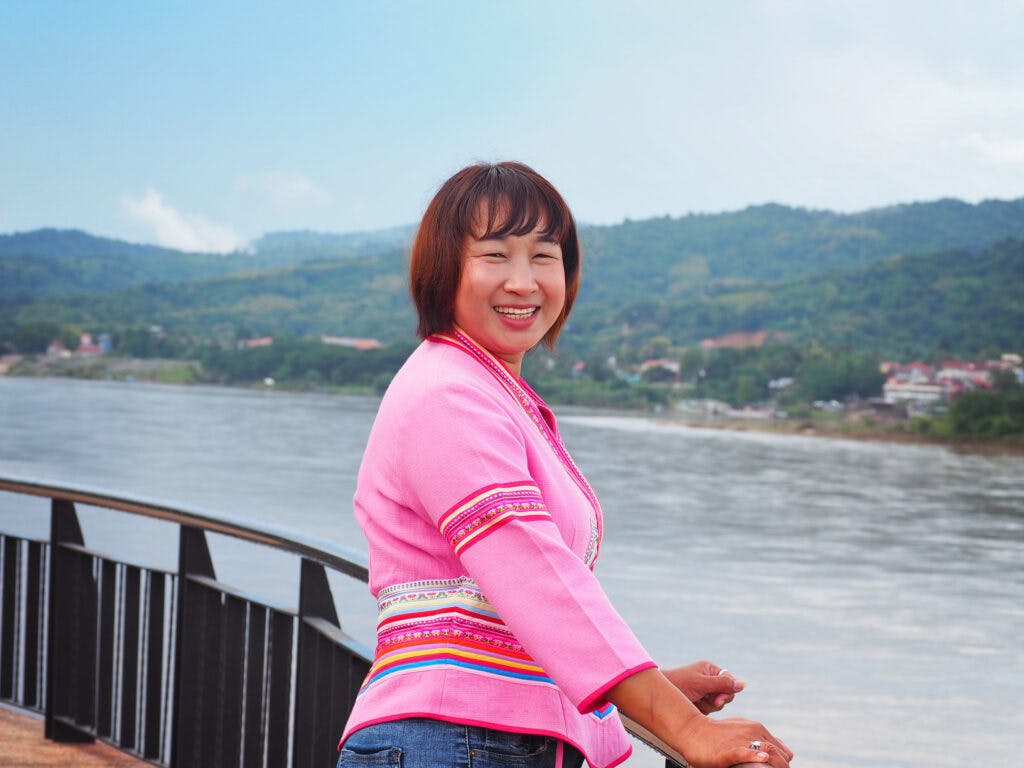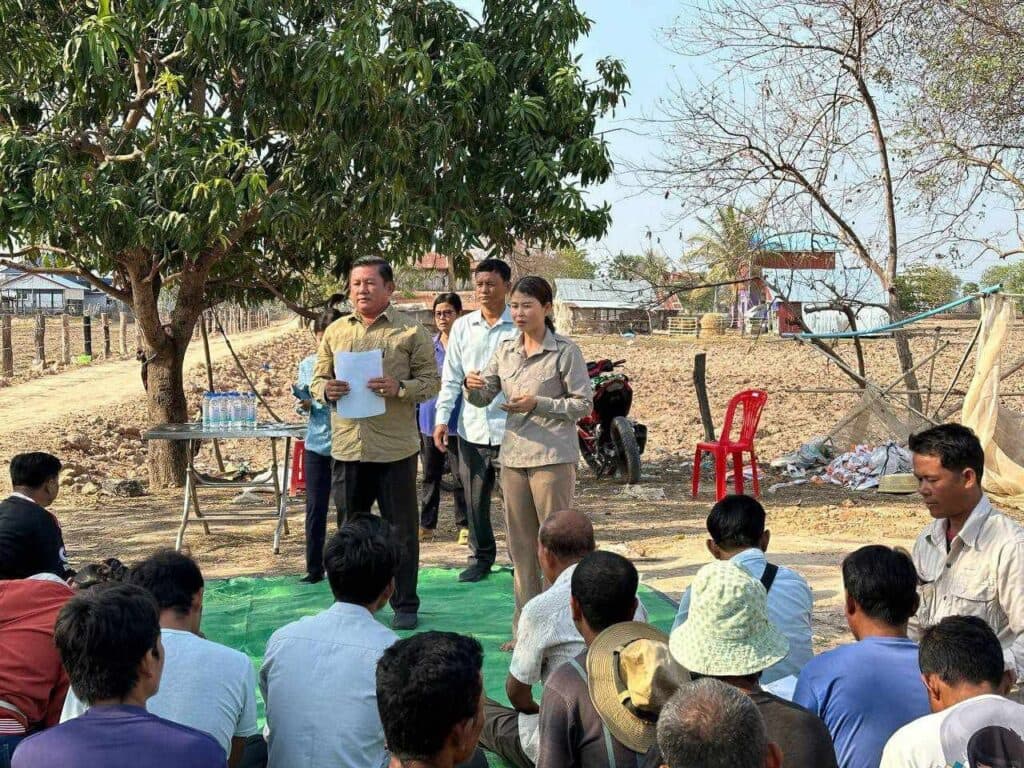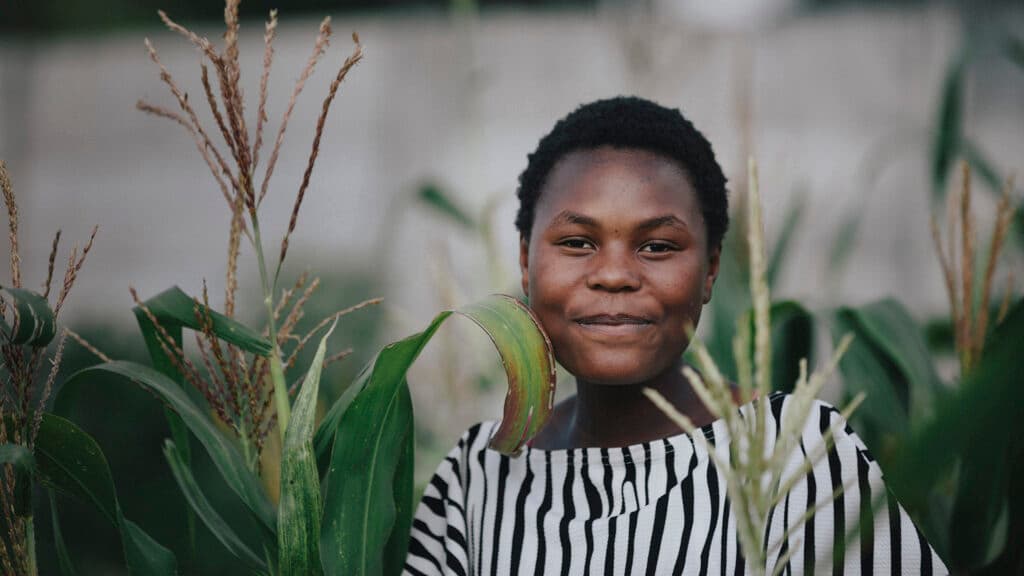
Ayesha’s fight for fair microfinance system
The sun rises over Rathmalyaya as Ayesha starts her day, no longer just a volunteer at a local medical clinic, but now a celebrated community advocate. Her recent victory against unfair microfinance practices has changed lives across Sri Lanka.
“When we are in pain, we all shout “amma” (Mother); we all feel hunger the same way; if we cut ourselves, we all bleed red, I do not see ethnicity or religious difference, when I work for everyone’s benefit, I stand up for all women,” says Ayesha, leader of Rathmalyaya study circle in Puttalam. This study circle, established by VILUTHU with core funding from Diakonia, is part of an innovative approach to community mobilization and education. The circle provides a safe, informal space for rural women and youth to learn about laws and policies affecting their lives, fostering community engagement and grassroots advocacy.
At 52, Ayesha became the head of her household after her husband’s sudden passing. Balancing her work as a volunteer at a medical clinic nearby, and caring for three children, she actively engages in her study circle. While this is not an easy task, she takes her responsibilities seriously with the hope of helping others.
From Village Meetings to National Policy
During the study circle’s monthly meetings, participants share their personal struggles, finding solace and strength from one another. It was at one such gathering that a common issue emerged: the burden of repayment and the challenges women faced when accessing and repaying microfinance loans. Ayesha learned through these meetings that many members from her group have been victimized through microfinance schemes since 2019. Despite being a Muslim woman who does not personally engage with microfinance companies, Ayesha felt compelled to help her group. She brought these concerns to VILUTHU's attention.
In response, VILUTHU took action, documenting the women’s stories and identifying both the issues, and potential solutions. They found that loan repayment was the primary challenge , worsened by the debt collectors who often visited when men were away. The visits by debt collectors have led to marital conflicts, divorces and even suicides. Some women, desperate to repay their loans, resorted to migrating for work or selling or pawning their jewelry. Recognizing the urgency of the situation, VILUTHU organized a legal camp to support and guide the affected women.
What began as local whispers of discontent in Rathmalyaya soon grew into a wave of voices demanding change.

At that time, the Sri Lankan Government also introduced a Microfinance Bill, allowing only two weeks for public review. VILUTHU shared the 99-page report with Ayesha, who meticulously analyzed it, identifying potential risks for women if the Bill passed. She recorded her notes and sent voice clips to the lawyers who compiled her statement. Ayesha shared her insights widely, motivating others in her communities and beyond to spread the message. She was deeply convinced that her efforts could benefit the entire country.
Ayesha's Brave Stand
When affected women were asked to petition the court, many were reluctant, fearing reprimands from the microfinance companies and further threats. Undeterred, Ayesha stepped forward to represent the affected women of all faiths - Muslim, Christian, and Buddhist. To Ayesha, their faith didn't matter; they were all women in need of support.
Despite never having signed a legal document before, Ayesha bravely agreed to present her statement to the Supreme Court in Colombo. When asked by her lawyer if she was afraid, she replied confidently, “I am not afraid. God is with me, and my statement and signature will help so many. There is no reason to fear.”

“I am happy I did this. I feel like an iron woman.”
Ayesha
A Victory Won
VILUTHU incorporated Ayesha's statement in their case filing as part of their national advocacy efforts. The court considered these recommendations in its final judgment. In response to the concerns raised by various parties, the Ministry of Finance withdrew the Bill acknowledging the need for broader public and stakeholder engagement in policymaking.
As Ayesha continues her work, her courage and determination inspire others, proving that voices of women from a rural village can shape national policies, creating lasting change, not just only for themselves but for the whole country, both now and in the future.
When asked about her experience, Ayesha proudly states, “I am happy I did this. I feel like an iron woman.”
Diakonia in Sri Lanka supports several national level advocacy efforts similar to this one. Working together with local partners, Diakonia helps amplify the voices of the grassroot communities to advocate for their rights and influence policies with the goal to create a more inclusive and equitable society.
About VILUTHU
VILUTHU, a non-profit organization established in 2003, strengthens war-affected communities through a rights-based approach promoting democracy and peace. Focused on gender equality, women's empowerment, participatory governance, peacebuilding and economic justice, VILUTHU supports grassroots groups with close ties via its field offices. By empowering people for policy and legislative reform, VILUTHU advocates for inclusion in social change. It bases its advocacy on the real experiences of women and girls, influencing civil society forums with gendered analysis and concrete recommendations for conflict-affected communities. The organization has been a partner with Diakonia since 2013.

